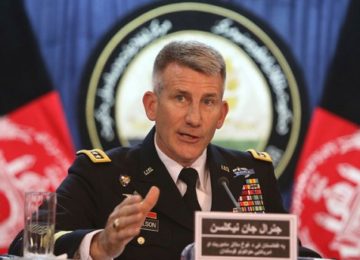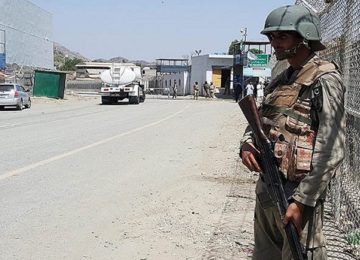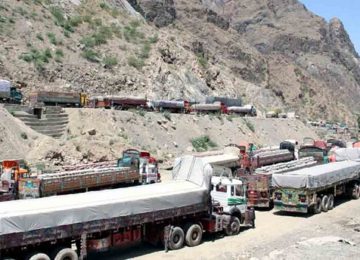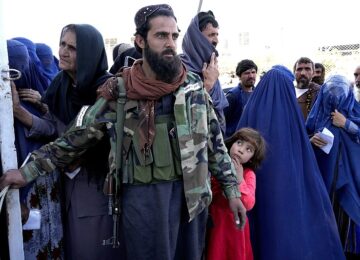December 12, 2018
Independent analyst Aisha Saeed says conflict resolution is an art of diplomacy and confidence building starts at the grass-roots level between people.
Pakistan and Afghanistan have had a troubled past. Both the countries are placed in a geo-strategic lock that needs to be unlocked to move past previous grievances. The process, however, is slow. Pakistan has always advocated for a non-military solution to the troubles in Afghanistan. However, a lack of confidence between the two remains a setback. To move past this, Pakistan and Afghanistan must continue the process of dialogue.
For this, diplomacy initiatives such as Beyond Boundaries by Islamabad-based think tank the Center for Research & Security Studies (CRSS) provide the opportunity to both civil society and government stakeholders for constructive discussion in an informal and comfortable environment, where representatives of both governments are more likely to agree on solutions that can build confidence and mutual trust, paving the way to move forward towards conflict resolution on ground.
Independent analyst Aisha Saeed stressed on the importance of conflict resolution and confidence building in Pak-Afghan relations, while addressing Pakistani and Afghan youth in a training workshop at CRSS. Conflict resolution is an art of diplomacy and confidence building starts at the grass-root level between people. Platforms such as youth dialogues and workshops provided by CRSS’ Afghan Studies Centre are vital where direct people to people contact can play an effective role in mitigating perceptions and misconceptions that are created by third parties. As youth interactions will increase, the bonds built this way will get strengthened over time, eventually paving the way for much needed cooperation for regional stability and economic development.
The workshop concluded on the note that commonalities are what the two neighbours need to build on. There are always elements of cooperation that can be sought. The key element in every confidence building is understanding that we are humans, analyst Aisha Saeed remarked. Furthermore, politics and economics in Pak-Afghan relations need to be delinked. Social media is an important tool where the youth can play an important role. It is pertinent for every social media user to interact on a human level and look at the context and sensitivity of the situation before making any comment.
The training workshop also conducted a simulation exercise where each member from both sides was given a government position and asked to engage in negotiation on Pak-Afghan contentious issues. Youth from both sides highlighted five key areas where both countries ought to work: Afghan peace process, facilitating Afghan traders, operationalisation of the Afghanistan Pakistan Action Plan for Peace & Solidarity, dignified return of Afghan refugees and training the Afghan national army by Pakistan. Some participants also stressed that the China Pakistan Economic Corridor should be extended to Afghanistan while others reiterated that instability of Afghanistan was not in the interest of Pakistan.
This was the 11th Youth Training Workshop organised by Afghan Studies Centre – a sister organisation of CRSS, which has alumni of over 450 Pakistani and Afghan students and young professionals. The organisation also conducts a monthly series of youth dialogues on a range of Pak-Afghan issue.








